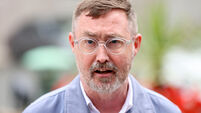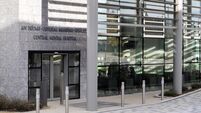'No indication' AstraZeneca pause has encouraged vaccine hesitancy - HSE Chief
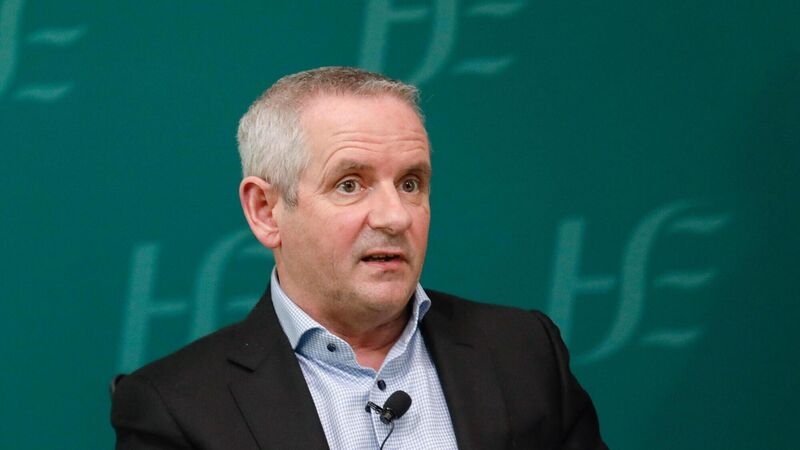
Addressing growing frustration among the public with public health guidelines, HSE CEO Paul Reid said "All we can do is tell the facts of where things are at the minute."
There is “no indication” that pausing the rollout of AstraZeneca has led to people turning down the vaccine, chief executive of the Health Service Executive (HSE) Paul Reid has said.
The HSE resumed administering the AstraZeneca vaccine at several hospitals across the country on Saturday morning.
Mr Reid said there has been “a very positive” resumption of the rollout and he has received “positive feedback” from the HSE in regards to the administration of the vaccine.
“Some people just have some extra questions, understandably, and we expected that from the pause,” he said.
Last Sunday the Government paused the use of the Oxford vaccine following reports of serious blood clotting events in a small number of adults who had received the jab.
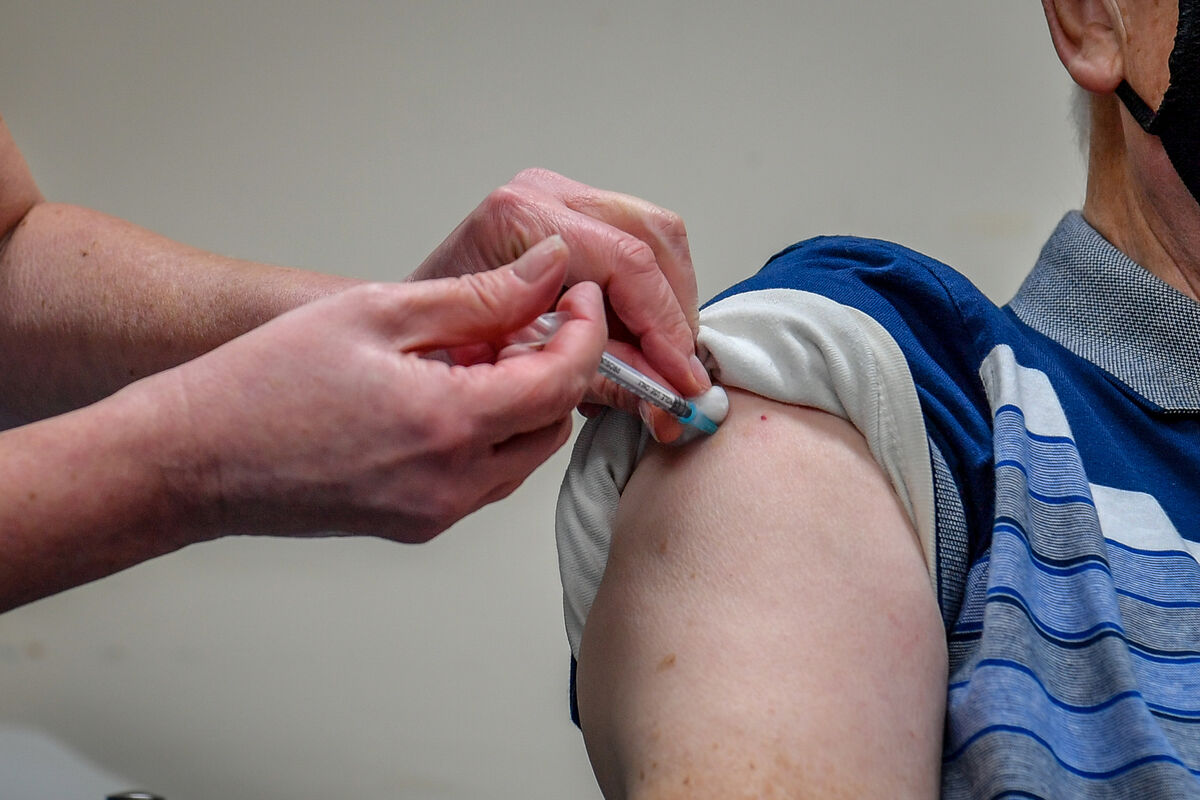
However, the National Immunisation Advisory Committee (Niac) gave the green light for the resumption of the vaccine on Friday following the European Medicines Agency (EMA) ruling that the vaccine is not associated with an increase in the overall risk of blood clots in those who receive it and the benefits of the vaccine “outweigh the risks of side effects.”
As of Thursday, March 18, 478,725 people have received at least one dose of a Covid-19 vaccine, representing 10.05% of the population.
While the HSE’s chief executive was positive about the vaccine rollout, he said an increase in hospital admissions this weekend is a cause of concern for health officials.
360 people are currently receiving treatment for Covid-19 in Irish hospitals, up from 328 yesterday.
82 patients are in ICU, down from 83 on Saturday.
Speaking to Newstalk’s Off The Record this morning, Mr Reid said hospitalisation figures have been "stuck" in recent weeks.
"Overall, it has come down hugely well for us over the last few weeks from almost 2,000," he said.
"But we do need to remind ourselves, that that number of 360 is actually the same number of the peak of the second wave that we had.”
While hospitalisation figures had come down for the past five or six weeks, Mr Reid said it was “worrying” that there was “a slight increase” this weekend.
“[That] would give us concern just around trends, particularly in line with some of the cases we're seeing come through this weekend, a slight rise in cases would give us concern.”
Addressing growing frustration among the public with public health guidelines, Mr Reid said "All we can do is tell the facts of where things are at the minute, and you would be concerned with what you see happening across Europe.”
From the HSE's perspective, we still see a very high positivity rate."
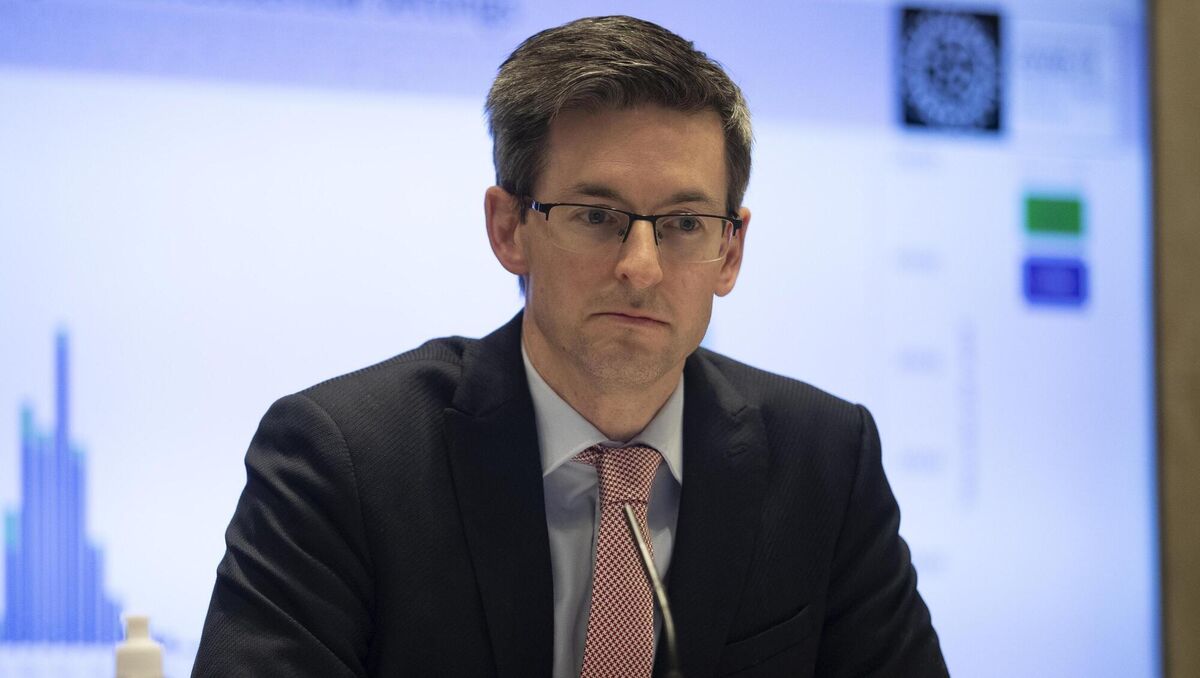
Last week, deputy Chief Medical Officer (CMO) Dr Ronan Glynn apologised to people who had been angered by his call for the public to do more to fight the virus at a NPHET briefing on Thursday.
Dr Glynn had asked every individual to “just do that little bit more” over the next few weeks, to prevent a further wave of the virus.
However, Dr Glynn said NPHET have also shown appreciation to everyone abiding by restrictions and they have sought "over and over" to acknowledge the "fatigue and the exhaustion people are feeling."
Mr Reid said that as public health officials, they must be "open to criticism" but added there was "a high level of nastiness" emerging on social media.
"But I expect it in my role, I'm open to challenge and I have to take it, and generally I experience really good engagement with people, but social media can be quite toxic," he said.



